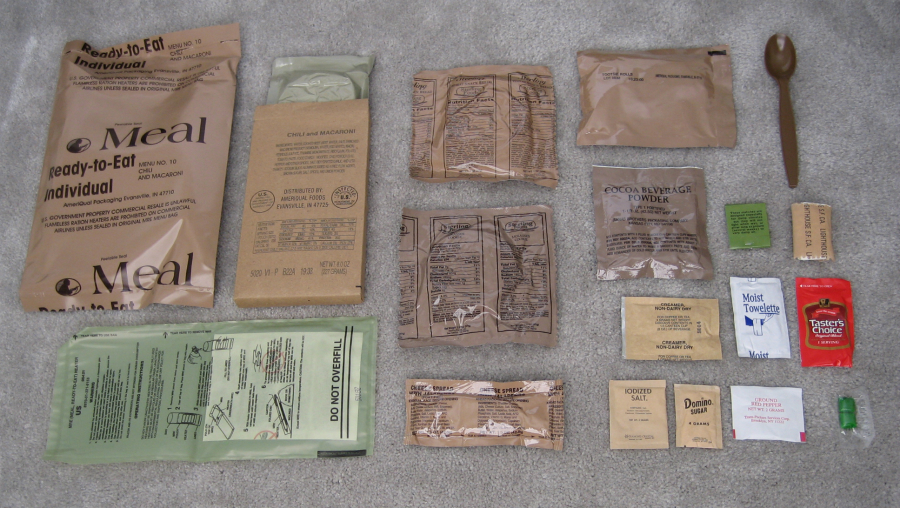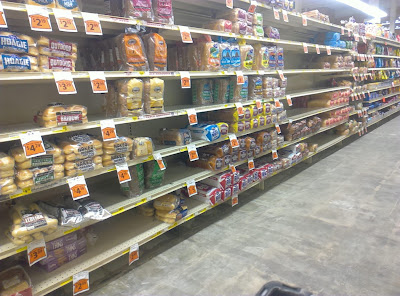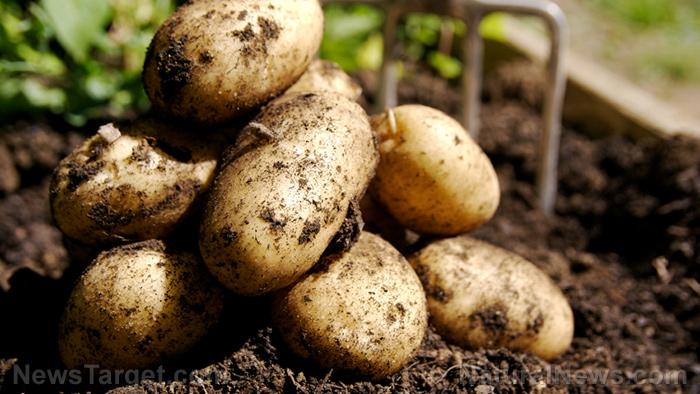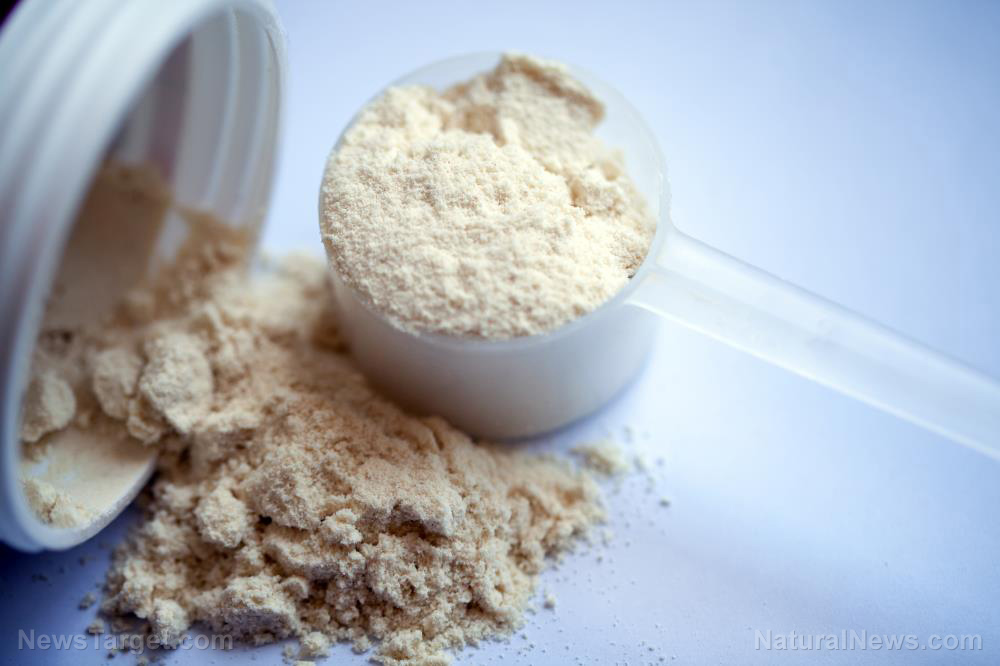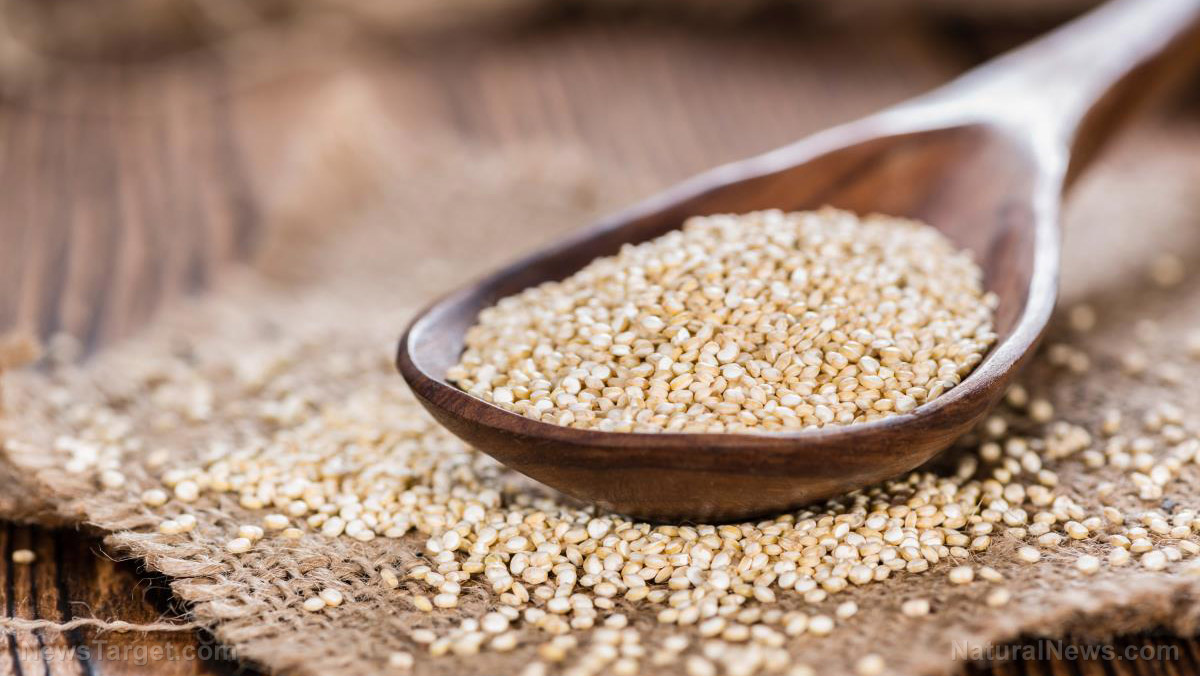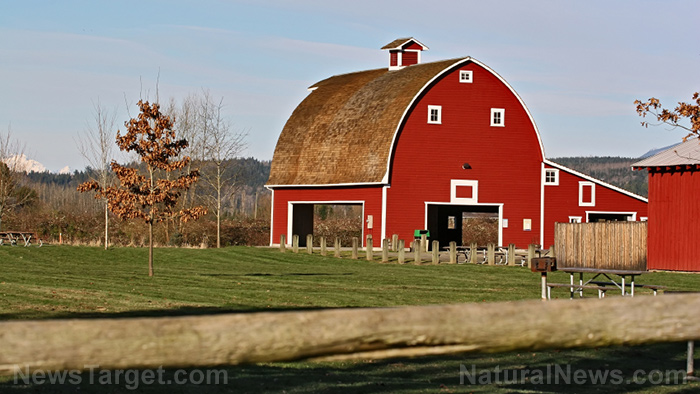National Weather Service predicts heavy floods not likely to occur in Mississippi Delta this spring
04/06/2021 / By Virgilio Marin
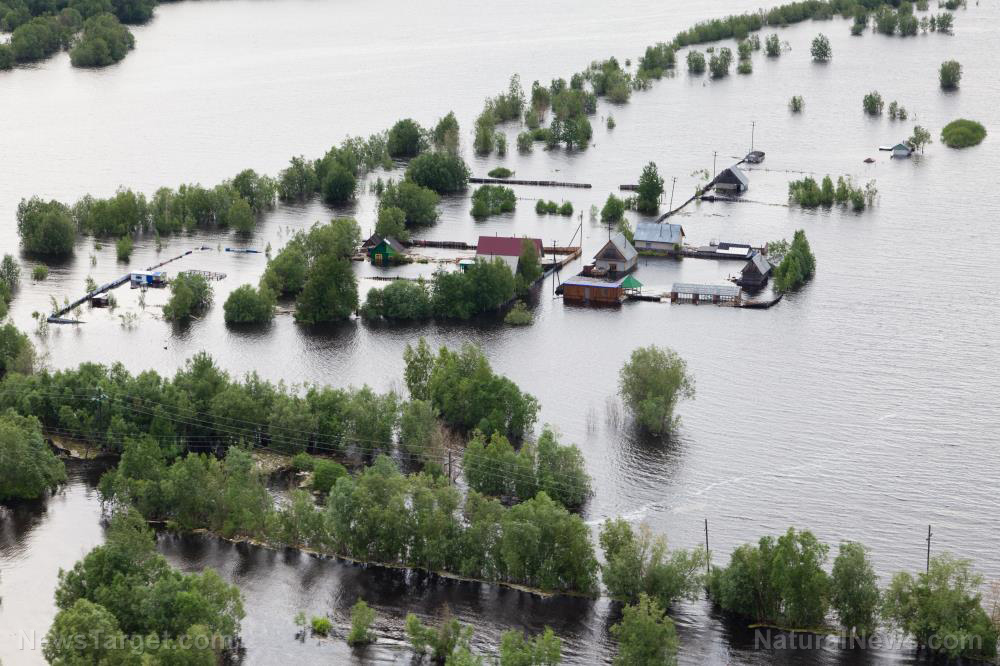
The National Weather Service (NWS) assured that heavy floods are not likely to inundate the Mississippi Delta this spring. In its 2021 Spring Flood Outlook report, issued in March, the NWS forecast that the overall risk of flooding is “near normal” this season for the Mississippi River and its tributaries.
The “near normal” risk was thanks to the dry conditions during last year’s late summer and fall. These dry conditions continued into the winter, causing limited snowpack to form and melting most of this snowpack across a local area.
Soil moisture was also lower, not saturated like last year. The NWS said that though some pockets of frost remained in the ground, much of the frost had thawed and would continue to do so over the next few weeks.
This optimistic outlook came after two consecutive years of heavy flooding in the Mississippi River. These floods caused billions of dollars in damage in one of the poorest regions in the United States.
Mississippi River floods over the last two years
The Mississippi River flooding of 2019 was the heaviest and longest-running to hit the region in nearly a century. By May of that year, around 548,000 acres were underwater – an area nearly three times the size of New York City. The flooding caused 12 deaths and an estimated $20 billion in damages, which included losses to crops and livestock, as well as damage to public and private property.
By the end of June of 2019, several portions of the Mississippi River were still above flood stage for nearly 240 days, surpassing the 1927 flood record of 152 days. From January to June, precipitation levels were up to 250 percent above normal in much of the river basin. For most of the Midwest, this time period was the wettest ever recorded in the last 124 years.
In total, nearly 210 trillion gallons of water flowed down the Mississippi River in a span of six months. This volume was 64 percent greater than the region’s 10-year average.
A year later, residents had barely recovered from the flood when the Mississippi Delta went underwater again. At the same time, the COVID-19 pandemic was ravaging the country, worsening a crisis that already cost the region billions.
For Victoria Darden, a farmer in Onward, Mississippi, the situation was a worst-case scenario playing out in real-time. “We had hopes that this year we would be able to get back to normal. Mother Nature had other plans,” Darden said last year.
While the waters in some areas had receded by August last year, that wasn’t the case earlier for Darden and her father Randy, as 80 percent of their farm was still submerged by May.
Randy told Business Insider last year that his farm produces $600,000 worth of crops in a typical year. He expected that to decrease significantly as industry insiders predicted that crop prices would plummet.
“If we get a crop in, the prices are very low now. And cost of production, it doesn’t even pencil out to be a good break-even point,” said David Wansley, manager of the Valley Park Elevator, the Dardens’ crop distributor. (Related: Hawaii declares state of emergency following heavy rains, severe flooding.)
Pandemic worsens flood crisis
Residents living near the Delta were also grappling with the pandemic. In July last year, Mississippi was one of the coronavirus hotspots in the country, reporting more than 1,000 new cases every day at the end of the month.
The outbreak threatened many businesses in the region that were already reeling from the floods. Before the pandemic, Tracy Harden, the owner of Chuck’s Dairy Bar in the town of Rolling Fork, was already burning through her savings to stay open amid the months-long flooding. Then the sudden forced closure of businesses completely evaporated her typical stream of customers.
“You’d have farmers coming in and picking up 20 lunches. And when that went down to one lunch a day instead of 20 a day, it really affects your bottom line,” Harden said. “For my little town, it just seems like one thing after another. We could really use a break.”
The spring flood outlook should give farmers and business owners like Harden a much-needed reprieve.
Visit Disaster.news for more about flooding and other natural disasters.
Sources include:
Tagged Under: agriculture, catastrophe, Collapse, coronavirus, covid-19, crops, environment, flooding, floods, Mississippi Delta, Mississippi River, National Weather Service, natural disasters, pandemic
RECENT NEWS & ARTICLES
COPYRIGHT © 2017 FOOD SUPPLY NEWS


